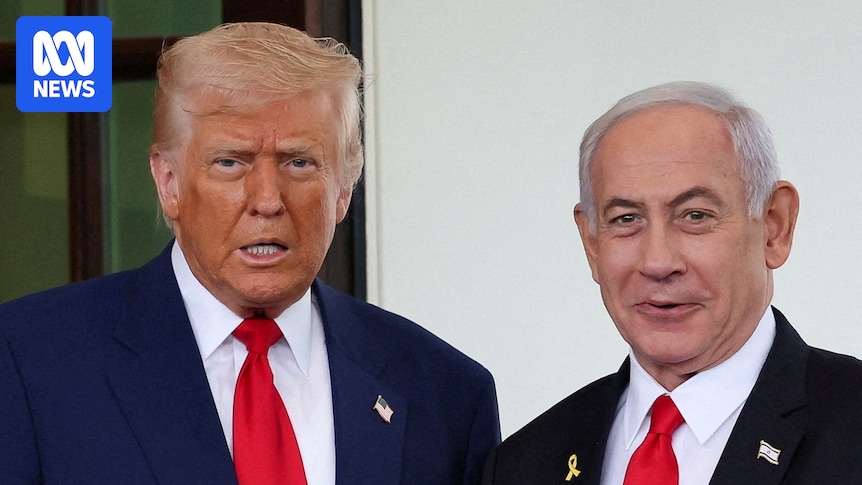
World leaders are expressing outrage over Israel’s recent strikes against Hamas within Qatar, viewing them as a flagrant breach of international law. This action, however, is part of a broader pattern of escalating tensions where international norms are increasingly disregarded. The strikes have not only spotlighted Israel’s aggressive military strategy but also exposed the diminishing influence of the United States under President Donald Trump in the region.
Since the conflict escalated on October 7, Israel has targeted multiple countries, including Syria, Lebanon, and Iran, aiming to dismantle the leadership of Hezbollah. These actions, while significant, did not provoke the same level of international condemnation as the strike in Qatar. The muted reaction to the earlier strikes can be attributed to the shock and awe of Israel’s precise operations and the region’s complex political dynamics, where some nations quietly welcomed the weakening of Hezbollah.
Regional and Global Repercussions
The attack in Qatar, however, is a different proposition. Qatar, a key U.S. ally in the Middle East, hosts the largest American military presence in the region. The strike’s proximity to the U.S. air base in Doha underscores the boldness of Israel’s actions and raises questions about the limitations of Prime Minister Benjamin Netanyahu’s war objectives.
Qatar has played a crucial role in hosting peace negotiations between Hamas and Israel. Despite its uneasy relationship with Hamas, Qatar’s facilitation of dialogue was seen as a stabilizing force. Israel’s strike is perceived as an attack on these peace efforts, suggesting that Netanyahu and his allies may lack interest in a ceasefire. This perception has united regional powers, including Iran, Saudi Arabia, Jordan, the UAE, and Türkiye, in rare consensus against Israel’s actions.
Trump’s Diplomatic Challenges
Israel’s actions have starkly highlighted the waning influence of the United States in the Middle East. The White House was reportedly not consulted or informed about the strikes, indicating a significant diplomatic oversight. Initial protests from the U.S. administration had to be retracted, further exposing the lack of a coherent strategy for the region.
President Trump’s response to the crisis appeared distracted, focusing on unrelated issues rather than addressing the escalation. This ambivalence has fueled perceptions of U.S. impotence, as Israel seemingly operates without regard for American diplomatic positions. A “rare censure” from the White House described the strikes as unhelpful to both U.S. and Israeli goals, yet acknowledged the legitimacy of targeting Hamas.
Implications for U.S. Foreign Policy
The situation raises critical questions about the future of U.S. foreign policy in the Middle East. Analysts note a pattern in Trump’s administration of avoiding large-scale military involvement, opting instead for targeted actions. This approach, while reducing immediate conflict, may undermine long-term U.S. influence and credibility.
The perception that Israel faces no repercussions from the United States for its actions could embolden further unilateral moves. Meanwhile, Qatar and its neighboring states are left to consider their responses to the attack, weighing diplomatic and military options in a volatile regional landscape.
The unfolding situation underscores the complexities of Middle Eastern geopolitics and the challenges facing international diplomacy. As tensions rise, the role of global powers in mediating peace and stability remains uncertain, with significant implications for regional and global security.





